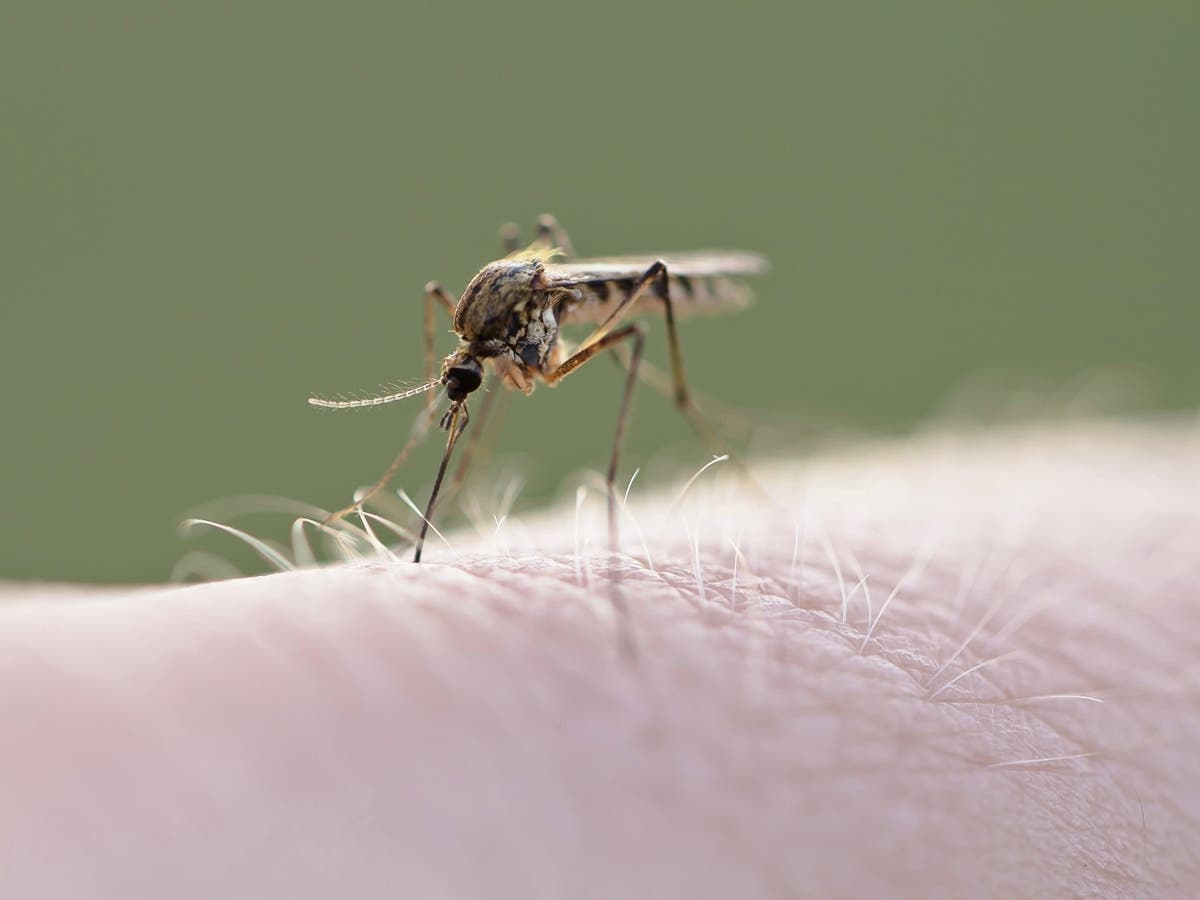Health & Fitness
RI's 1st Human Case Of West Nile Virus In 2024 Confirmed
The DEM encouraged Rhode Islanders to take preventive action to reduce mosquito exposure. See some tips to stay safe.

PROVIDENCE COUNTY, RI — Rhode Island's first human case of West Nile Virus of 2024 was reported Friday by the RI Department of Health (RIDOH).
RIDOH officials said the person who tested positive for the mosquito-borne illness is a Providence County resident in their 60s.
The most recent mosquito samples tested by the Rhode Island State Health Laboratories also confirmed two additional positive findings of Eastern Equine Encephalitis (EEE) virus and two additional positive findings of West Nile Virus. State officials said the mosquito samples testing positive for EEE virus were collected in South Kingstown and Westerly. The mosquito samples testing positive for WNV were collected in Westerly and Central Falls.
Find out what's happening in Cranstonwith free, real-time updates from Patch.
These results are from 141 samples collected from 28 traps set statewide by the Rhode Island Department of Environmental Management on Aug. 1 and 5. The high amount of EEE virus activity in Washington County indicates a significant risk in the area, and an elevated risk level in Rhode Island, state health officials said DEM and RIDOH officials are urging Rhode Islanders to continue protecting themselves and their loved ones from mosquito bites.
Common symptoms of West Nile Virus include fever, headache, body aches, nausea, vomiting, and sometimes swollen lymph glands or a skin rash. Although many people who are infected with the virus show no symptoms, symptoms last for some people for several days or several weeks.
Find out what's happening in Cranstonwith free, real-time updates from Patch.
The DEM encouraged Rhode Islanders to take preventive action to reduce mosquito exposure. Here are some tips to stay safe.
Remove mosquito breeding grounds
- Remove items around your house and yard that collect water. Just one cup of water can produce hundreds of mosquitoes; an unused tire containing water can produce thousands of mosquitoes.
- Clean your gutters and downspouts so that they can drain properly.
- Remove any water from unused swimming pools, wading pools, boats, planters, trash and recycling bins, tires, and anything else that collects water, and cover them.
- Remove or treat any shallow water that can accumulate on top of a pool cover. Larvicide treatments, such as Mosquito Dunks can be applied to kill immature mosquitoes. This environmentally friendly product is available at many hardware and garden stores and online.
- Clean and change water in birdbaths at least once a week.
Best practices for horse owners
Horses are particularly susceptible to West Nile Virus NV and Eastern Equine Encephalitis. Horse owners are advised to vaccinate their animals early in the season and practice the following:
- Remove or cover areas where standing water can collect.
- Avoid putting animals outside at dawn, dusk, or during the night when mosquitoes are most active.
- Insect-proof facilities where possible and use approved repellents frequently.
- Monitor animals for symptoms of fever and/or neurological signs (such as stumbling, moodiness, loss of appetite) and report all suspicious cases to a veterinarian immediately. If you are unsure if your horse is properly vaccinated, you should consult with your veterinarian.
Have a news tip? Email [email protected].
Get more local news delivered straight to your inbox. Sign up for free Patch newsletters and alerts.